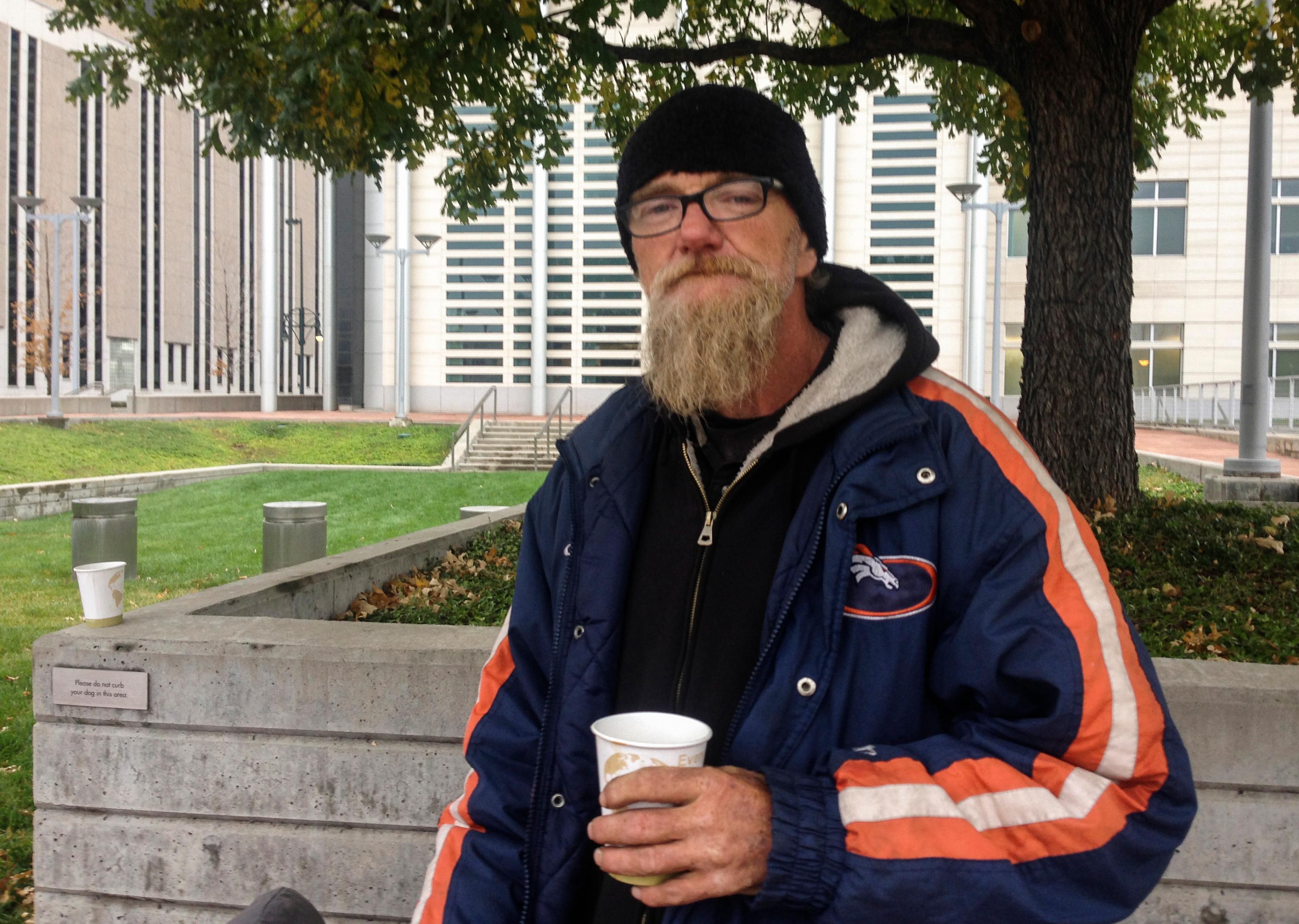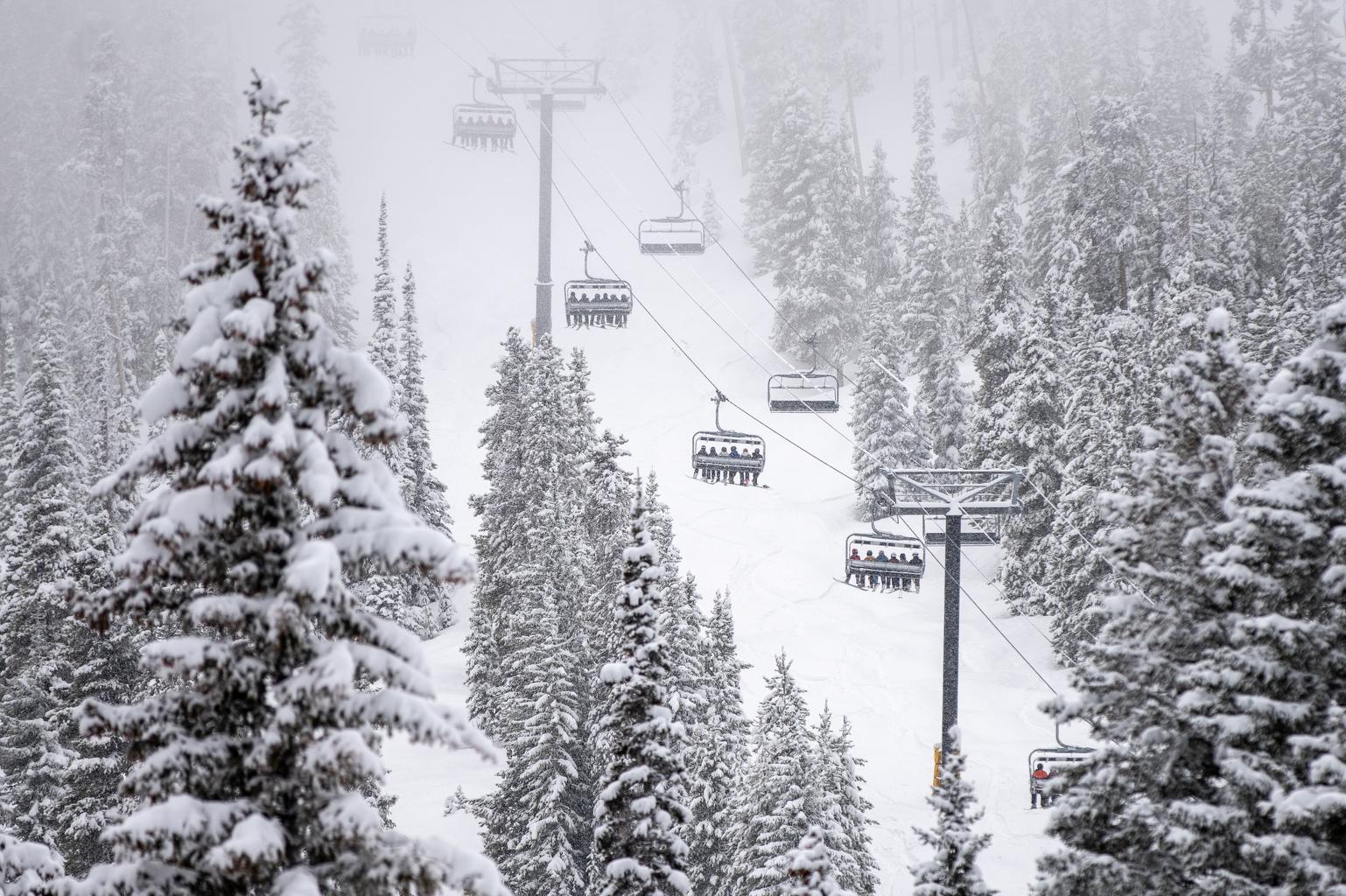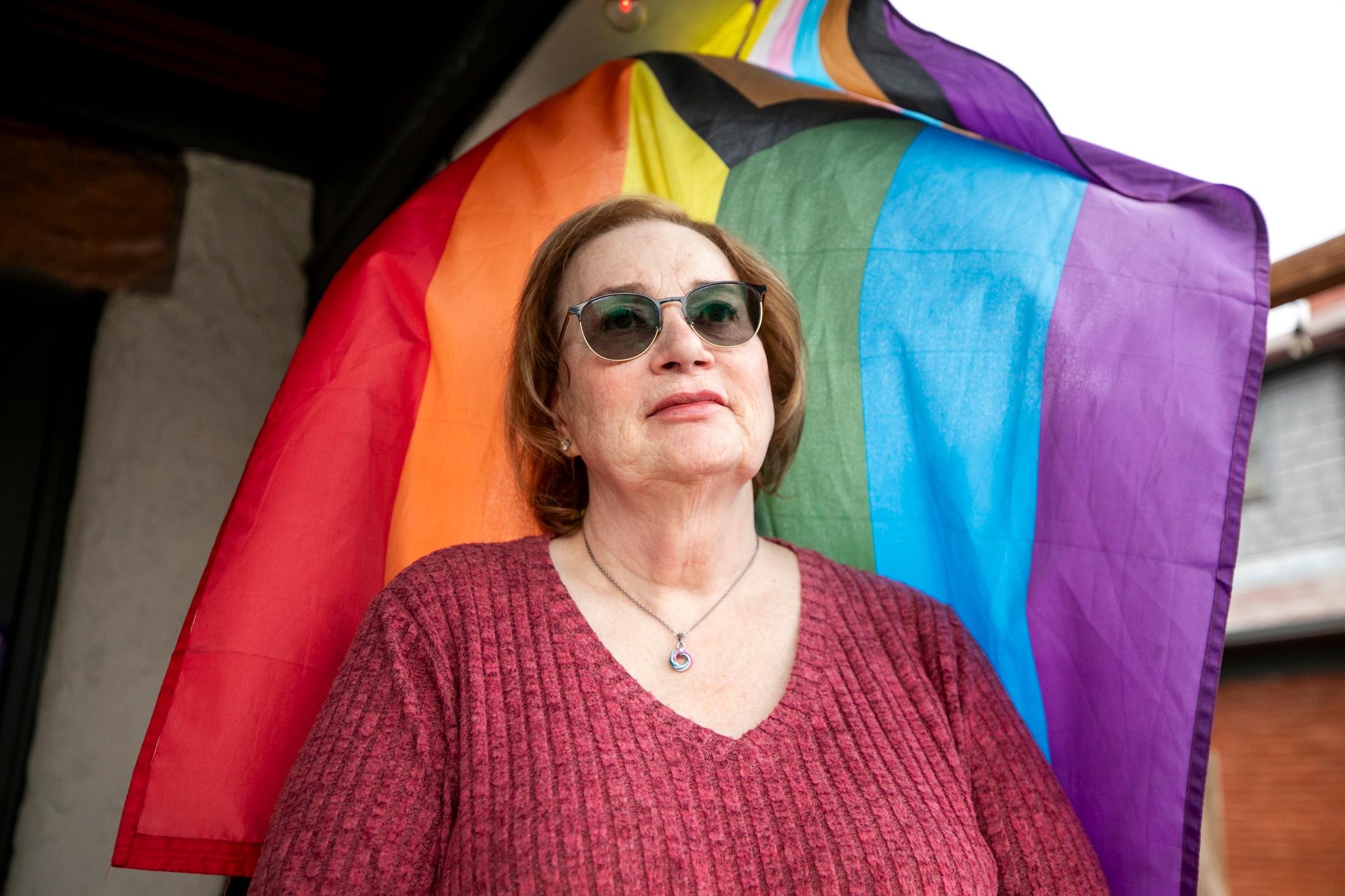
Advocates for Denver’s homeless residents were in U.S. District Court Wednesday for initial hearings over a lawsuit in which they argue the city has overstepped its constitutional bounds.
Police officers and other city crews began clearing out homeless camp in downtown, along the South Platte River, and other places in recent months. Crews have scooped up people’s belongings and thrown them into trucks.
Garry Anderson, who's a lead plaintiff in the case, was out looking for work when the city cleaned up camps in downtown last March.
"I told the guy that was watching my stuff, 'look, I'm only going to be gone for three hours,' " Anderson said. "But when I got back, everything was gone."
The city stored belongings from the March sweep, but most of them went unclaimed. More sweeps followed, including one just last month by the stock show complex.
The attorney representing the homeless, Jason Flores Williams, says that in taking that action, the violated due process rights amounting to unreasonable searches and seizure of property.

In an unusual step, Judge Craig B. Shaffer allowed homeless residents without a government-issued ID to attend the hearing, after some said their identification was taken away in the sweeps.
The judge’s move meant that people in suits and ties stood in the security line at the court along with others in tattered clothes. One man was even carrying a sleeping bag. But the mood in the courthouse was cordial.
In court, the day was given over to the judge trying to move the case along. The plaintiffs initially sued the city and county of Denver as an organization along with various city officials as individuals.
But the judge says that would bring the case to a “screeching halt,” because government officials are protected by something called “qualified immunity.” That means the plaintiffs would have a higher bar for proving their case.
Attorney Williams said his clients would drop the individual lawsuits and narrow their case to focus on the city itself. Their ultimate goal is to overturn the city’s policies toward the homeless as quickly as possible.
Even so, the plaintiffs say they want this to become a class-action lawsuit because the city’s sweeps affected thousands of people -- people that could become plaintiffs as well. The court could rule on that in the next few weeks.
The city hasn’t officially responded to the lawsuit. Once the plaintiffs narrow their case, that move is expected. But the city’s attorneys said in court today they intend to file a motion to dismiss the case. If it goes forward, Williams said a trial might happen next spring.
He also said he doesn’t want to settle with the city, preferring that his clients get their day in court.








